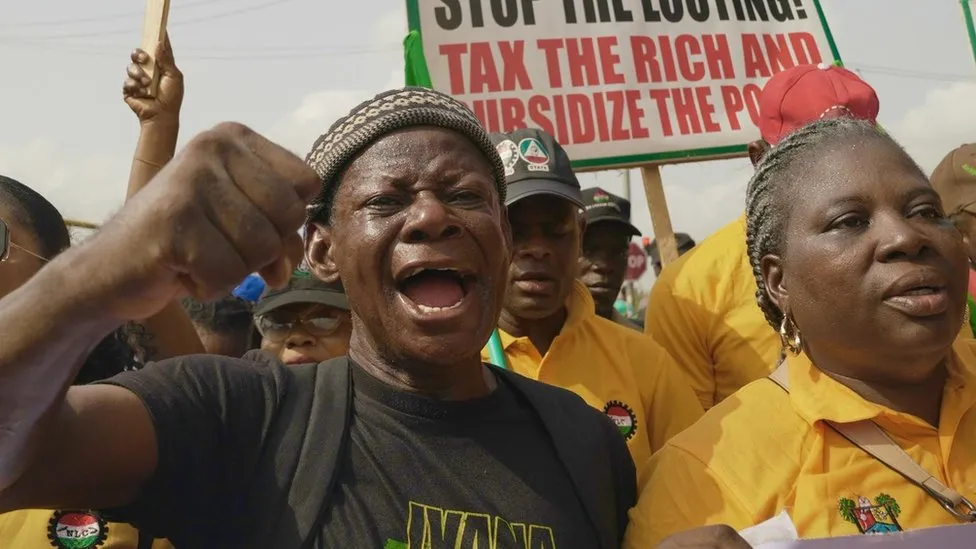Why Nigeria’s economy is in such a mess
Nigeria, once seen as a rising economic powerhouse in Africa, has been facing significant challenges in recent years that have led to its economy being in a state of turmoil. There are several key factors contributing to the current state of affairs:
Corruption
Corruption has long been a major issue in Nigeria, with politicians and government officials siphoning off public funds for personal gain. This has led to a lack of investment in infrastructure and essential services, ultimately hindering economic growth.
Dependence on oil
Nigeria’s economy is heavily reliant on oil exports, which account for a significant portion of government revenue. When global oil prices fluctuate, as they often do, Nigeria’s economy is impacted severely. The lack of diversification in revenue sources leaves the country vulnerable to external shocks.
Political instability
Nigeria has a history of political instability, with frequent changes in government and unrest in various regions of the country. This uncertainty creates an unfavorable environment for investment and hinders economic development.
Poor infrastructure
The lack of adequate infrastructure in Nigeria, including roads, power supply, and healthcare facilities, has significantly hampered economic growth. Businesses struggle to operate efficiently, and foreign investors are deterred by the inadequate infrastructure.
In conclusion, Nigeria’s economy is in such a mess due to a combination of corruption, dependence on oil, political instability, and poor infrastructure. Addressing these issues will be crucial for the country to regain its economic stability and achieve sustainable growth.
